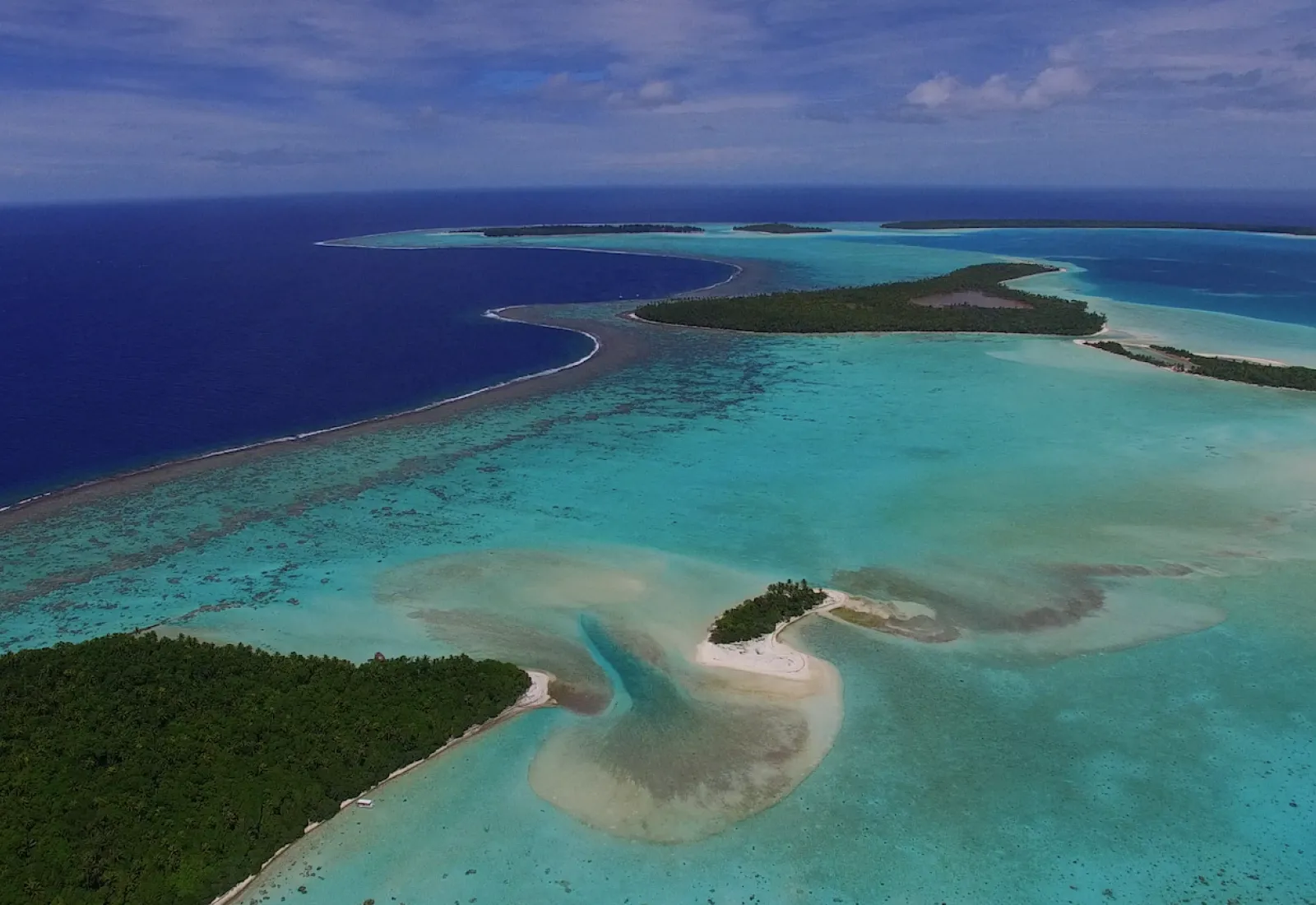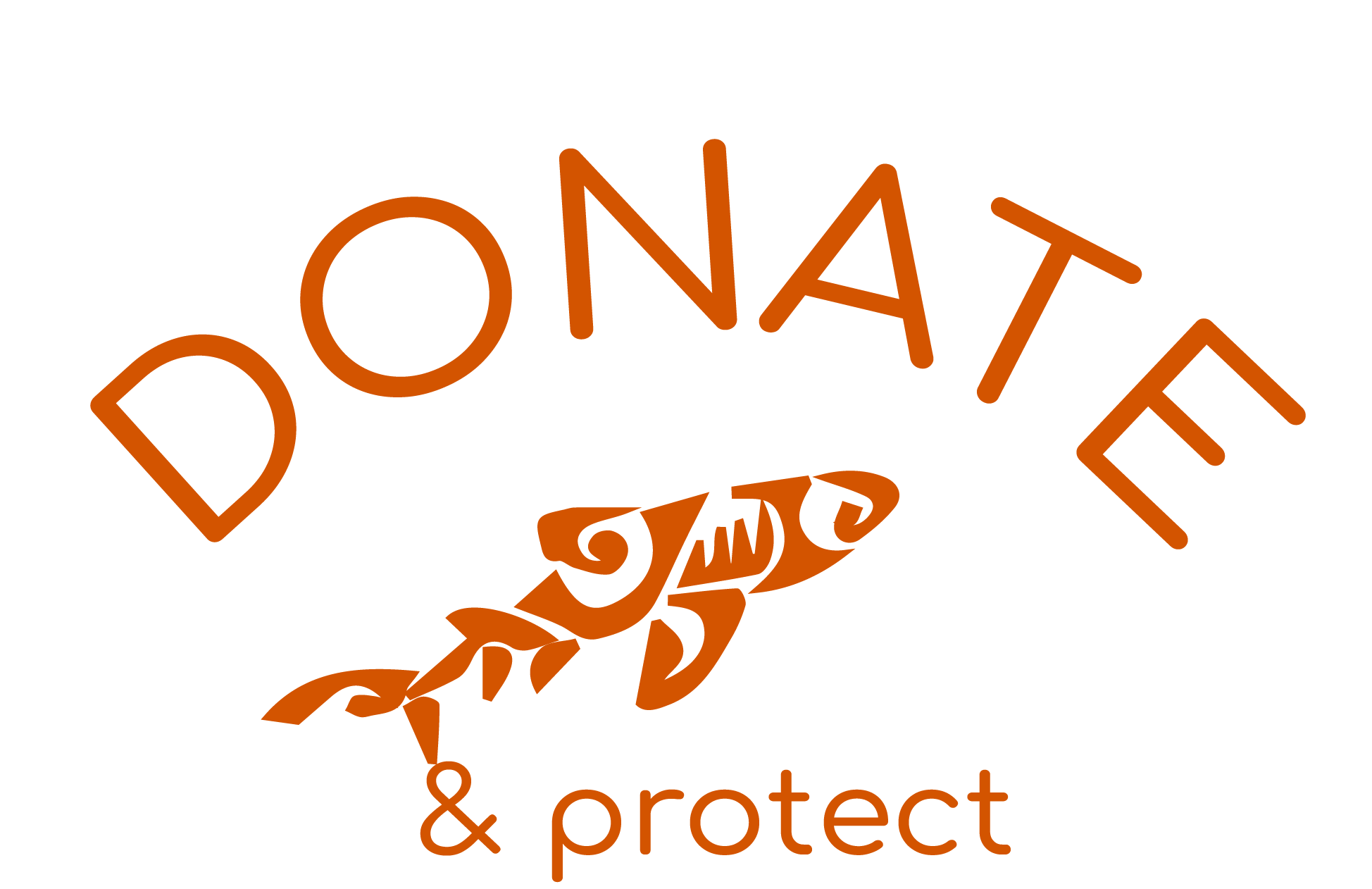Tetiaroa, once the home of movie star Marlon Brando, has suffered significant biodiversity loss due to the damage inflicted by invasive rats unintentionally introduced by early settlers. This ecological degradation places native animals and plants at risk. To address these concerns, Island Conservation partnered with Tetiaroa Society, whose Tetiaroa Atoll Restoration Program aims to eliminate invasive species and restore the island’s terrestrial and marine ecosystems, as well as The Brando resort, the eco-friendly hotel now serving as the gateway to this incredible island paradise.

After repeated pandemic-related disruptions, the operation finally took place over June and July 2022
“Eradicating two species of rat was a significant challenge,” says Richard Griffiths, Island Conservation Head of Operations.
“Several months of preparation were required to understand the extent of the threat and determine the scale of the intervention.”
After repeated pandemic-related disruptions, the operation finally took place over June and July 2022, covering 520 hectares (1,285 acres) of land and requiring more than 60 staff members and volunteers to cover the enormous territory. Roughly 260 kilometers (155 miles) of trails were created and marked, incorporating about 13,000 individually flagged points which provided access to every potential rodent present on the atoll.

Kaveu

Juvenile tern

Green turtle hatchling heading towards the sea.
The removal of destructive invasive species will allow native plant and animal life on Tetiaroa to flourish once again.
“Our vulnerable ecosystem cannot function with the persistent threats of invasive animals,” says Stan Rowland, Chairman of the Board at Tetiaroa Society. “Working with Island Conservation has ensured species like native sea turtles, land crabs, and other invertebrates are prioritized. Moreover, when terrestrial fauna and flora are reestablished, they have a profoundly positive impact on linked ecosystems.”
The promotion and understanding of connected ecosystems has only recently begun to play a role in island conservation efforts.
“We tend not to pay sufficient attention to when connections between ecosystems get broken,” explains Richard.
“The role that seabirds play, for example, cannot be overstated. They are vital to regenerating neighboring ecosystems by transporting nutrients from the sea to land where they slowly percolate back to the ocean, stimulating coral growth and allowing fish populations, plankton, and countless other marine species to thrive. We expect to see seabirds return to the island in greater numbers, and it becomes possible to reestablish historic populations improving species’ resilience by reclaiming their former range and distribution.”

“The role that seabirds play, for example, cannot be overstated."

Once invasive species are gone from the atoll, it will become possible to reestablish historic populations, like the Tuamotu Sandpiper, improving species’ resilience by reclaiming their former range and distribution.
Photo: Maddy Pott | Island Conservation
The next phase of the restoration program ensures that extensive research and monitoring will record native species recovery and the benefits to terrestrial and marine ecosystems.
“Tetiaroa is perfectly placed to become the model ecological research site for atoll restoration,” says Stan.
“We’re excited to facilitate the study of linked ecosystems and how targeted interventions can lead to an extraordinary amount of positive change beyond a single island.”
 The Brando resort
The Brando resort

The Brando is a unique luxury resort on French Polynesia’s breathtakingly beautiful private island of Tetiaroa – an atoll composed of a dozen small islands surrounding a sparkling lagoon 30 miles northeast of Tahiti. They are committed to preserving and protecting the natural splendor and precious biodiversity of Tetiaroa, respecting, and supporting Polynesian culture, hospitality, and traditions, and achieving a negligible carbon footprint.
 Island Conservation
Island Conservation

Island Conservation is our world’s only international nonprofit conservation organization dedicated solely to preventing extinctions on islands. Our collaborations with local island communities aim to improve livelihoods, manage invasive species, and reintroduce native animals and plant life.
 Tetiaroa Society
Tetiaroa Society

The mission of Tetiaroa Society is to ensure island and Polynesian communities have a future as rich as their past - strengthening their resilience to global change, by restoring their ecosystems, and preserving their cultures.


